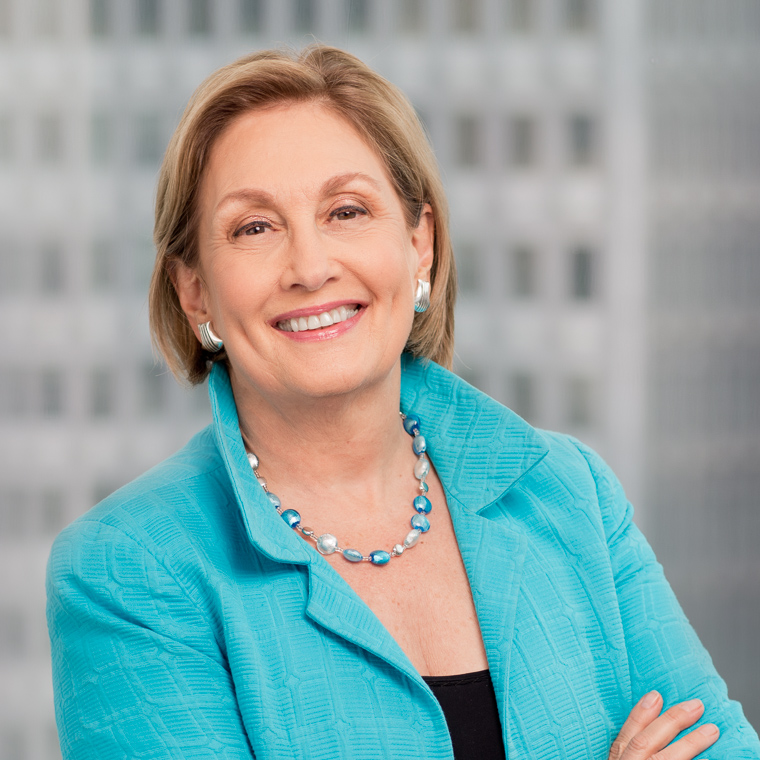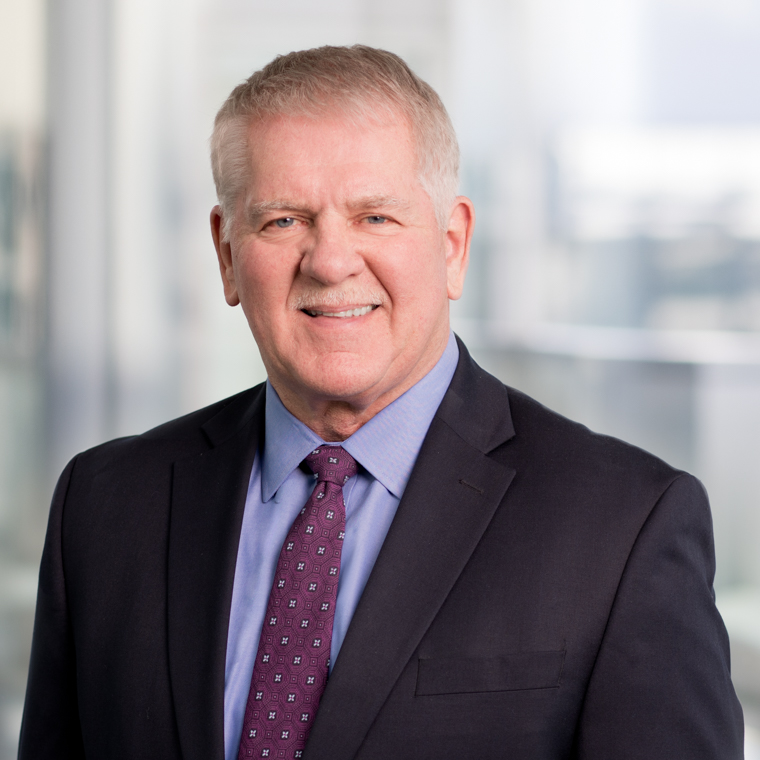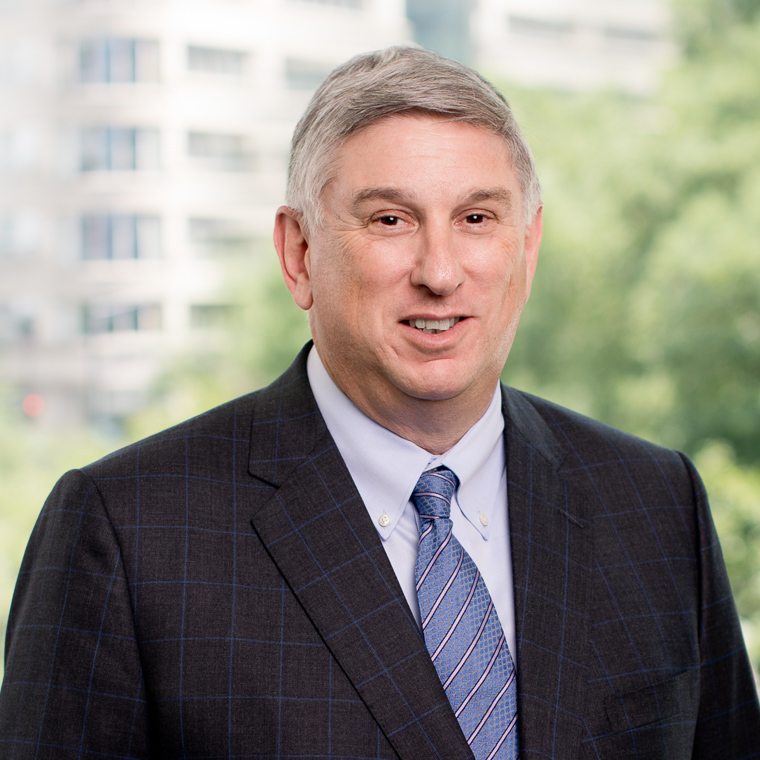Financial Crisis Inquiry Commission Holds First Public Hearing
Authors
The first panel, which lasted more than three hours, included leaders from four major financial institutions: Lloyd Blankfein of Goldman Sachs, Jamie Dimon of JPMorgan Chase, John Mack of Morgan Stanley, and Brian Moynihan of Bank of America. After brief introductory remarks, Commission Chairman Phil Angelides asked that the witnesses be sworn, which he said would be the common and customary practice in future hearings.
The executives, in prepared statements, discussed the role of their industry in the financial crisis and acknowledged the importance of government efforts to restore confidence in financial markets. The Commissioners' opening questions, along with the substantial presence of Commission staff, established that the Commissioners are well-prepared and already deeply engaged in their work. Their inquiries to the executives were wide-ranging, delving into the effectiveness of regulatory oversight, risk management, executive compensation, the "too big to fail" problem, excessive leverage, and lending and securitization practices. Frequently, Commissioners pressed the witnesses—sometimes through sharp lines of questioning—to identify their institutions' failures and the ways in which they have reformed their practices. One executive was, for instance, asked to identify two specific ways in which his institution had engaged in "negligent" or "improper" behavior. Some Commissioners also raised specific requests for the institutions to provide further information in writing.
In its second panel, the Commission heard from three financial market participants: Michael Mayo, a prominent financial analyst who has traditionally been bearish on the banking sector; Kyle Bass, a hedge fund manager who shorted securities tied to subprime mortgages; and Peter Solomon, whose eponymous boutique investment bank focuses on the retail industry. Mayo called the banking sector an "industry on steroids" and declared himself "shocked and amazed" that Wall Street has not changed more since the crisis. Bass stated that "no single bank or group of large institutions single-handedly caused the crisis," but focused on the OTC derivatives marketplace and excessive leverage as primary factors. Solomon emphasized what he views as weaknesses with the big investment bank model, raising the possibility of restoring Glass-Steagall divisions and requiring proprietary trading to be carried out by private partnerships rather than public companies. In their questions to the second panel, the Commissioners appeared very interested in the topic of leverage, seeking the witnesses' perspective on the historical and policy assessments of the executives who had appeared earlier.
The third panel discussed the impact of the financial crisis on the economy. Dr. Mark Zandi, the Chief Economist at Moody's Economy.com, told the Commission that although the financial crisis is now over, it will take years to recover, and some changes to the market may be permanent. Kenneth Rosen, a business professor at the University of California, Berkeley who focuses on the economics of the housing market, proposed a number of policy reforms to address the "foreclosure tsunami" and the commercial real estate finance system. Julia Gordon of the Center for Responsible Lending, a consumer advocacy organization, argued that negligent bank regulators who permitted reckless and predatory lending practices are responsible for the crisis. The final witness, Rusty Cloutier, CEO of Midsouth Bank and former chairman of the Independent Community Bankers Association, contended that too-big-to-fail institutions, not community banks, were responsible for the crisis, but that community banks are being unfairly harmed by increased regulatory scrutiny.
Over the next eleven months, to prepare a report due to the President and the Congress on December 15, 2010, the Commission is expected to hold more public hearings, conduct hundreds of interviews, and determine what documents, if any, need to be produced. Chairman Angelides today made clear that executives from other financial institutions will be asked to testify, but Vice Chairman Bill Thomas also stated that it may be unnecessary to invite back the executives who have already testified if their institutions cooperate with the Commission's work. To date, the Commission has not publicly announced the protocols it will implement to ensure the protection of trade secret, proprietary, and confidential business information in connection with potential responses to its queries.
The Commission is also encouraging individuals with relevant information to provide that information to the Commission confidentially, and has said that it will "fully cooperate with any law enforcement agency or other investigation, regulatory or other, brought under applicable law against those who allegedly take retaliatory or other adverse action against any persons for providing information to the Commission." However, the Commission has yet to publicly explain the legal basis for any whistleblower protections, which could help clarify whether those protections are congruent with Sarbanes-Oxley Section 806.
Tomorrow the Commission will begin a second day of hearings with federal, state, and local officials testifying about current investigations into the financial crisis. The first panel will feature four federal officials: Attorney General Eric Holder, Assistant Attorney General Lanny Breuer, FDIC Chair Sheila Bair, and SEC Chair Mary Schapiro. The second will include Illinois Attorney General Lisa Madigan; Colorado Attorney General John Suthers; Denise Voigt Crawford, President of the North American Securities Administrators Association; and Glenn Theobald, Chief Counsel of the Miami-Dade Police Department and Chairman of the Mayor's Mortgage Fraud Task Force. The hearing is scheduled to begin at 9 a.m. in the Ways & Means Committee Room at 1100 Longworth House Office Building.
See prior WilmerHale updates on the Commission's mandate and membership:
September 15, 2009: Financial Crisis Commission Picks Staff Director, Sets First Meeting
July 15, 2009: Financial Crisis Inquiry Commission Members Named
May 7, 2009: Congress to Establish Financial Crisis Inquiry Commission
Authors
-
 Jamie Gorelick
Jamie Gorelick
Partner
Chair, Regulatory and Government Affairs Department
[email protected] +1 202 663 6500+1 202 663 6500
-
-

